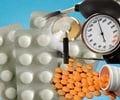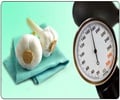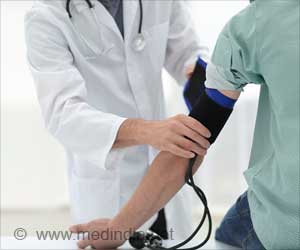Higher blood pressure during exercise and delayed blood pressure recovery after exercise are linked to a higher risk of hypertension, heart disease, and death among middle-aged to older adults.

‘In young to middle-aged adults, blood pressure responses to exercise are vital markers of heart disease and death risk.
’





Researchers from Boston University School of Medicine (BUSM) evaluated the association of blood pressure changes and recovery with indicators of preclinical disease among participants from the Framingham Heart Study (average age 58 years, 53 percent women). They then followed these participants to assess whether these blood pressure changes were associated with the risk of developing hypertension, cardiovascular disease or dying. They observed that both higher exercise systolic blood pressure (SBP) and exercise diastolic blood pressure (DBP) were associated with a greater risk of developing hypertension. Additionally, both delayed SBP and DBP recovery after exercise was associated with a higher risk of cardiovascular disease and death.
"The way our blood pressure changes during and after exercise provides important information on whether we will develop the disease in the future; this may help investigators evaluate whether this information can be used to better identify people who are at higher risk of developing hypertension and CVD, or dying later in life," explained corresponding author Vanessa Xanthakis, Ph.D., assistant professor of medicine and biostatistics at BUSM and an Investigator for the Framingham Heart Study.
Xanthakis recommends that people know their blood pressure numbers, speak to their physician regarding changes during and after exercise, and follow a healthy lifestyle (including a regular physical activity schedule) to help lower the risk of disease later in life.
Source-Eurekalert















